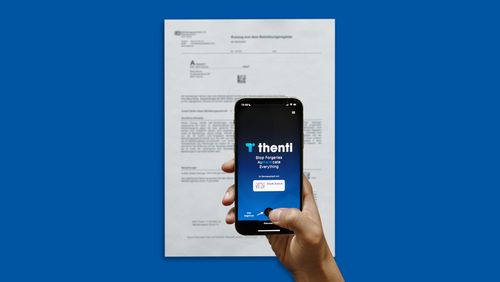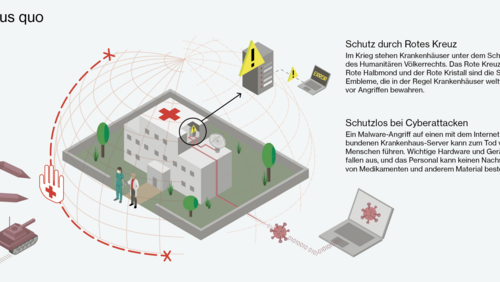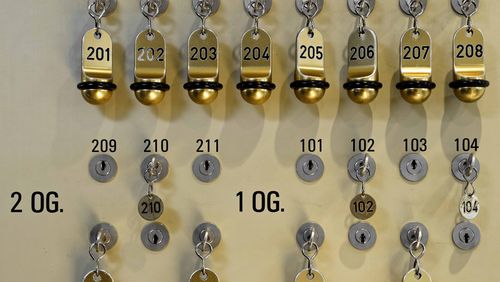
Lessons from a Covid warning app
Whether users trust a digital application depends on a variety of interrelated factors. At the Centre for Cyber Trust, these relationships are being studied by Matthew Smith and his team from the University of Bonn. One case study in their work is the German “Corona-Warn-App”.
Digital technologies are an integral part of our everyday lives. Yet when we download apps, open websites or use online payment systems, we’re exposed to risks: hackers crippling websites, cybercriminals intercepting data, and corporations and authorit-ies collecting personal data without us knowing how they may be used in the future.
That’s why the Centre for Cyber Trust at ETH Zurich and the University of Bonn—which has been funded by the Werner Siemens Foundation since 2019—is aiming to develop cybersecurity systems such as certification and authentication methods that users can trust one hundred percent. But it’s not enough to simply program new software. “Ultimately, it’s the human factor that decides whether a new technology is accepted,” says Matthew Smith, professor of computer science at the University of Bonn and the Fraunhofer Institute for Communication, Information Processing and Ergonomics, also in Bonn.
User studies show the way
With his team, Smith is investigating the interface between humans and software. He wants to find out how well users understand new technologies, how they use them—and whether they trust them. “Computer scientists like me sometimes see the world differently,” says Smith. “User studies are important for finding out whether we’re on the right path.”
The Covid-19 pandemic provided an excellent opportunity for such a study. Shortly before and after the “Corona-Warn-App” was introduced in Germany, the researchers surveyed a representative sample of the population about the app, specifically about their knowledge, their attitudes and their user experience. According to Smith, the results showed that the broader population sometimes had diametrically opposed views to the software developers. “One way that developers foster trust is by working with open-source software, whose code is publicly accessible,” he explained. This principle was also applied to the Corona-Warn-App.
However, in contrast to the hopes of the developers, only around a quarter of the persons surveyed said this had a positive effect on their willingness to download the app. Many German speakers were unfamiliar with the term “open source”, said Maximilian Häring, lead author of the study. “One respondent wrote that the survey was interesting, but it used too many foreign words like ‘open sourse’ [sic].”
Digital applications, real-world trust
Shortly before the app launched, many survey participants still had questions about how the app functioned and how well their privacy would be protected. For instance, over half thought the app would warn them when an infected person was close by. A central factor driving acceptance of the app was a user’s attitude to the German government’s coronavirus policy. “The degree of trust in government was the most significant variable in predicting whether someone would download the app,” says Häring. While some respondents ruled out using the app under any circumstances, others indicated they would definitely download the app—regardless of any data protection concerns.
In the follow-up study conducted after the app’s launch, new sticking points were detected. While privacy protection issues took a back seat, user-friendliness became more important. Depending on age group, up to twelve percent of all respondents cited technical problems as their reason for not installing the app.
Overall, says Matthew Smith, the Corona-Warn-App provided valuable lessons on introducing digital innovations, and it showed that software quality doesn’t determine whether users accept and trust new applications: “It’s the trust-based relationships in the real world that are decisive. We need to transfer this trust to the digital realm,” he explained. In the coming years, the project aims to show how this can be achieved. Smith is convinced: “Applications shouldn’t be developed by techies alone. The general population needs to be involved from the very outset.”









